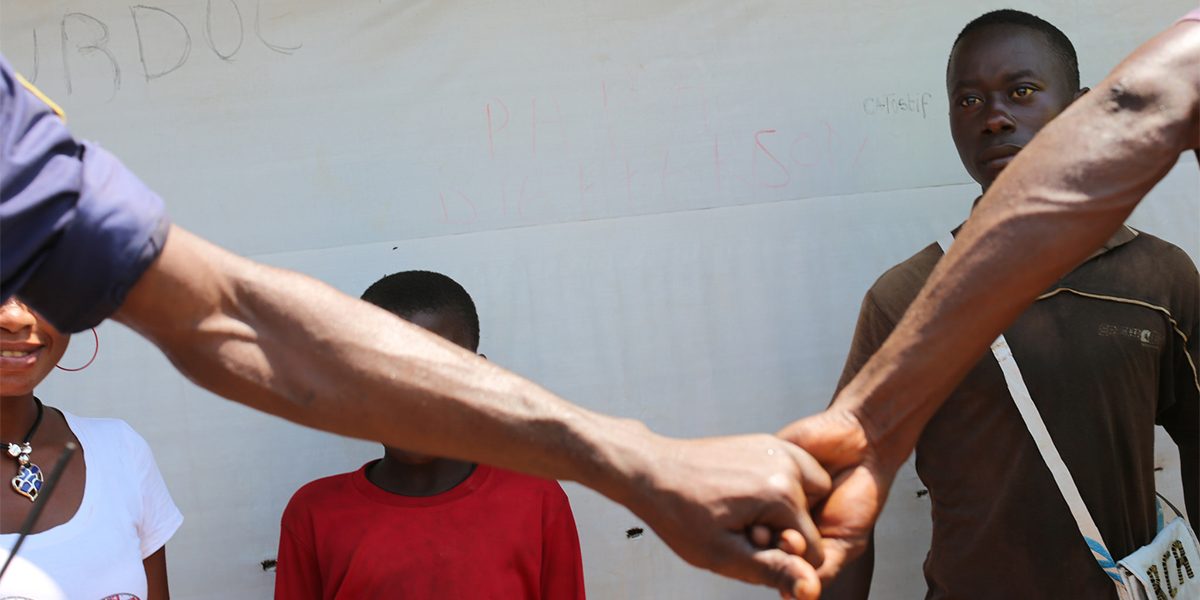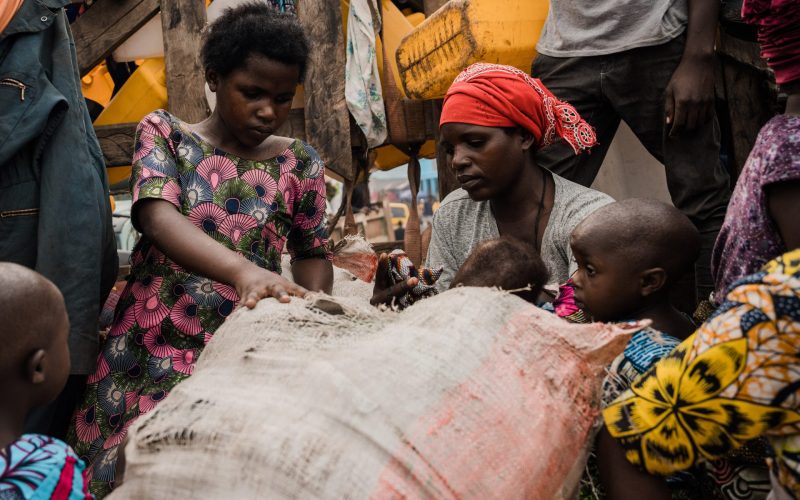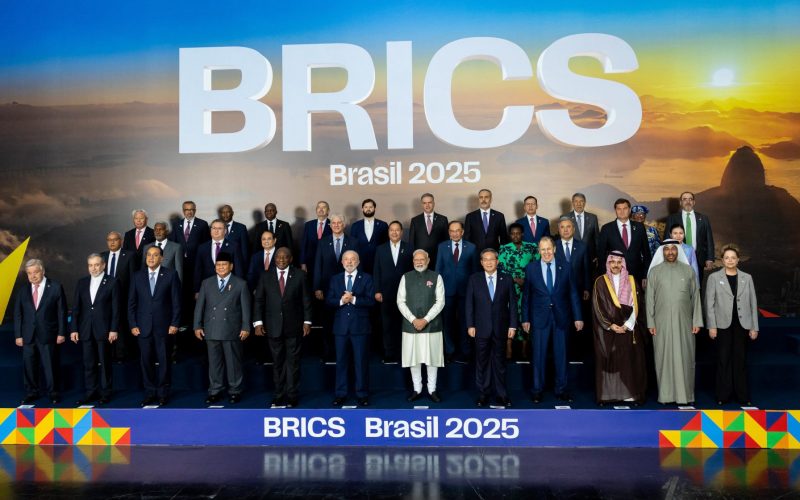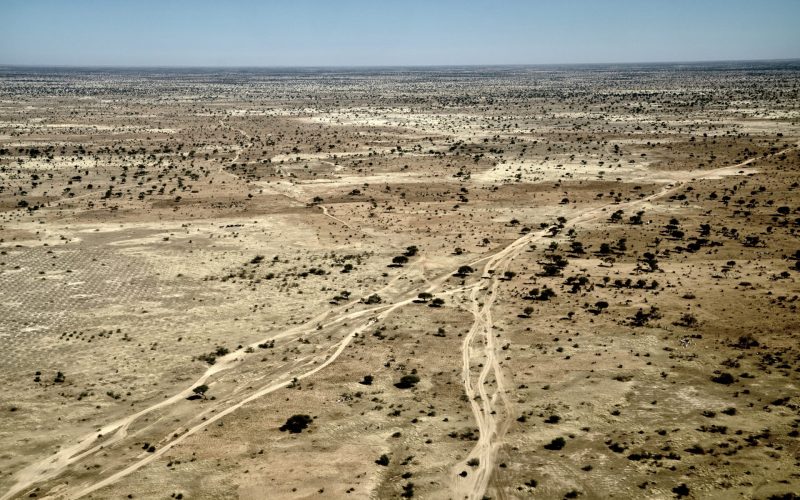The following case study utilises the analytical framework developed by the Network of Southern Think Tanks (NeST) to assess the range, extent and quality of South Africa’s peace, governance and economic support to the Democratic Republic of the Congo (DRC). The study reveals that South Africa, in absolute financial terms, is a significant development partner in the DRC, and even exceeds the traditional donors when its aid is measured in proportion to gross national income. The qualitative field research highlights that South Africa’s approach to development co-operation to a large extent reflects the core values of SSC, although with a mixed bag of successes and failures in terms of the results of co-operation activities. This pilot study of the South Africa–DRC development partnership is one of the first in which the NeST conceptual and methodological framework has been tested for the purpose of further refining tools and indicators for SSC analysis, so as to assist the future monitoring and evaluation endeavours of South Africa and other emerging development partners.








